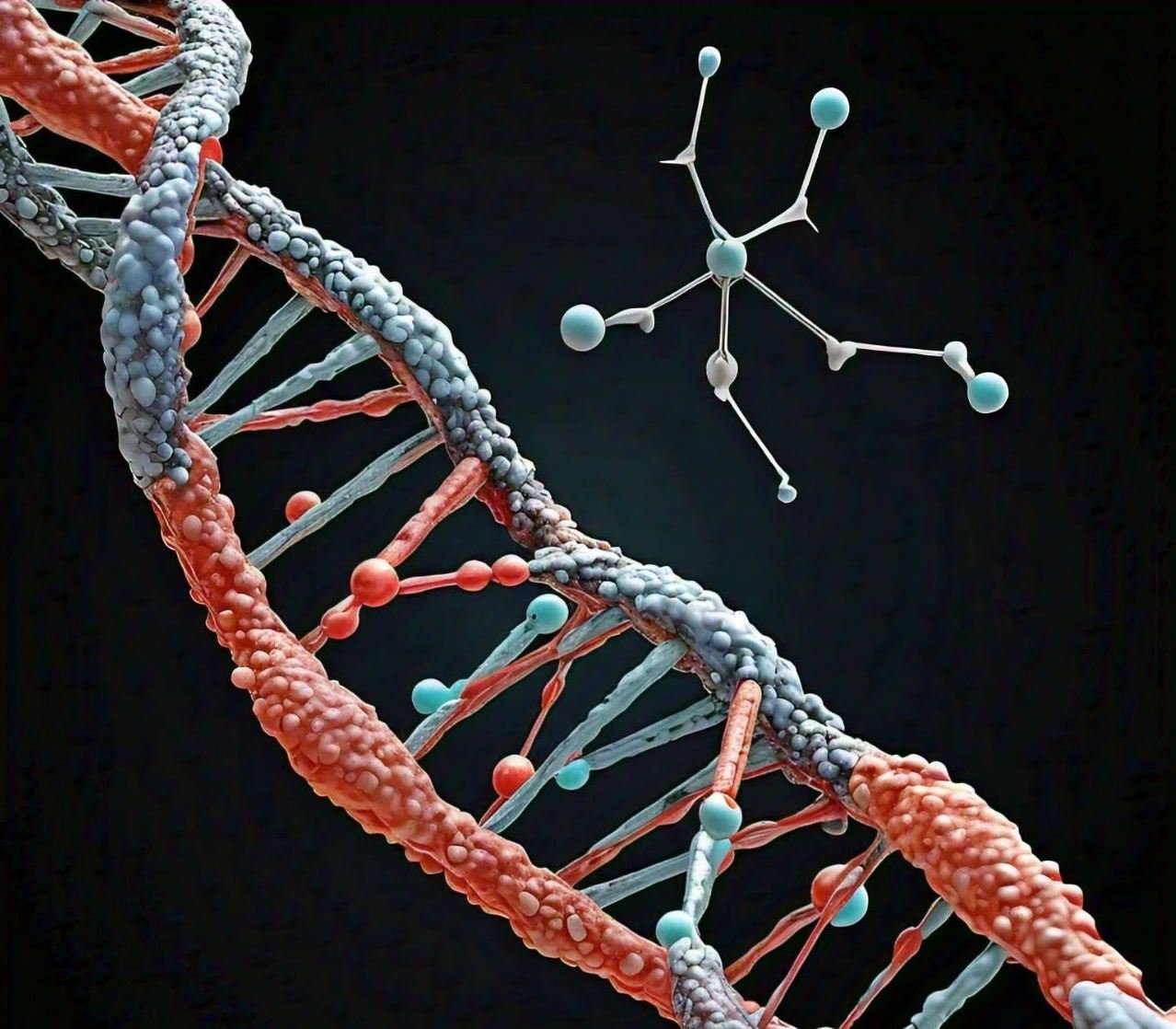Understanding Climate Change and Its Impact on Agriculture
Climate change is a pervasive issue driven by both natural processes and human activities. The primary causes include the increased concentration of greenhouse gases such as carbon dioxide, methane, and nitrous oxide. These gases trap heat in the atmosphere, leading to global warming and a cascade of environmental changes. This section explores how these climatic shifts specifically impact agriculture across the globe.
One of the most immediate and direct effects of climate change is the alteration of temperature regimes. As global temperatures rise, crops that are sensitive to temperature fluctuations, such as wheat, corn, and rice, may experience reduced yields. Warmer temperatures can accelerate plant developmental stages, leading to shorter growing periods and lower productivity. Additionally, the increase in temperature can cause heat stress in plants, which adversely affects photosynthesis and overall growth.
Precipitation patterns are also undergoing significant changes due to climate change. Shifts in rainfall distribution can result in either prolonged droughts or excessive rainfall, both of which pose serious challenges to agricultural productivity. In regions that experience reduced rainfall, the availability of water resources becomes a critical issue, weakening soil moisture levels and leading to poor crop performance. Conversely, in areas with increased precipitation, the risk of flooding can damage crops, erode fertile soil, and create unfavorable conditions for planting and harvesting.
The frequency and intensity of extreme weather events, such as hurricanes, typhoons, and droughts, have also escalated due to climate change. These events can have devastating consequences for agriculture, leading to the destruction of crops, loss of livestock, and displacement of farming communities. Extreme weather can disrupt planting and harvesting schedules, resulting in decreased agricultural output and economic instability for farmers.
Further compounding these challenges is the impact of climate change on soil health. Altered rainfall patterns and extreme weather can lead to soil erosion, nutrient depletion, and reduced organic matter, all of which undermine the foundation of sustainable agriculture. Maintaining healthy soil is essential for supporting plant growth and ensuring the long-term viability of farming practices.
The Role of Molecular Plant Science in Addressing Climate Challenges
Molecular plant biology, an interdisciplinary field that utilizes molecular and genetic tools to understand plant functions, holds significant potential in mitigating climate change impacts. As the global climate continues to shift, crops face unprecedented challenges, including extreme weather conditions, increased pest pressures, and nutrient deficiencies. In response, researchers are leveraging molecular techniques such as genetic modification and CRISPR-Cas9 to develop climate-resilient crops, transforming agricultural practices and enhancing food security.
Genetic modification (GM) has been instrumental in producing crops with enhanced traits. For example, the development of drought-tolerant maize has been a breakthrough in addressing water scarcity issues prevalent in many agricultural regions. This innovation involves the insertion of genes responsible for improved water use efficiency and stress resilience. Similarly, pest-resistant crops, such as Bt cotton and Bt corn, have been genetically engineered to produce proteins from Bacillus thuringiensis bacteria, which are toxic to specific insects but safe for human consumption. These modifications result in reduced pesticide usage, benefiting both environmental and human health.
CRISPR technology, a more recent advancement, offers precise genome editing capabilities. This tool allows scientists to alter plant DNA with unprecedented accuracy, fostering the development of crops with enhanced nutritional content, increased growth rates, and improved stress tolerance. A notable achievement is the use of CRISPR to enhance nutrient uptake efficiency in rice, addressing both food scarcity and soil nutrient depletion. By optimizing the plants’ ability to absorb essential nutrients, yields are boosted without the need for increased fertilizer use.
While the promise of these molecular advances is substantial, implementing them in real-world agricultural practices comes with challenges. Regulatory hurdles, public perception, and ethical considerations often delay the adoption of genetically modified crops. Additionally, the complexity of plant genomes means that unintended effects may arise, necessitating rigorous testing and monitoring. Efforts to integrate these advancements must consider socioeconomic factors to ensure equitable access and benefits across different farming communities.
Nonetheless, the potential of molecular plant science to contribute to sustainable agriculture and climate mitigation is undeniable. By continuing to refine these technologies and addressing associated challenges, we can harness the full potential of molecular plant biology to build a resilient and sustainable agricultural future.
“`html
Case Studies: Real-World Applications of Molecular Plant Science
The realm of molecular plant science has seen promising advancements, particularly in addressing the pressing challenge of climate change on agriculture. A notable example is the development of drought-resistant maize in Africa. This innovation, driven by collaborations among prominent research institutions, governments, and local farmers, has shown significant results. Through advanced gene editing techniques, scientists have successfully introduced traits that enable maize to withstand prolonged periods of drought. According to field data, these maize varieties have resulted in a 30% increase in yield despite reduced rainfall, substantially benefiting farmers in regions hit hardest by climate variability.
Similarly, in Southeast Asia, the creation of salt-tolerant rice varieties showcases the critical role of molecular plant science. High salinity levels in coastal and river delta regions traditionally make rice cultivation challenging, threatening food security. By identifying and incorporating specific genes responsible for salt tolerance, researchers have developed rice strains capable of thriving in these harsh conditions. Empirical studies reveal that these genetically enhanced rice varieties can maintain productivity levels even when exposed to salinity levels that would typically reduce yields by up to 50%.
A successful case in point is the collaboration between the International Rice Research Institute (IRRI) and the Vietnamese government. This partnership has facilitated the large-scale implementation of salt-tolerant rice, leading to improved crop resilience and livelihoods. The cooperative effort extends to training local farmers in the utilization of these new plant varieties, ensuring that the scientific advancements translate into practical, on-ground benefits.
The showcased projects underscore the transformative potential of molecular plant science in developing crop varieties that can better withstand climate-related stresses. They exemplify how strategic partnerships among various stakeholders can accelerate innovation, facilitating the adaptation of agriculture to the realities of climate change.
“`
Future Directions and Policy Implications
As the challenges posed by climate change become increasingly evident, the future of molecular plant science holds a critical role in combating these issues and securing global food supplies. Advancements in genetic modification and biotechnology offer promising avenues for developing crop varieties with enhanced resilience to changing environmental conditions. By leveraging these cutting-edge scientific tools, researchers can create plants that better withstand drought, extreme temperatures, and pest infestations, thus bolstering food security in vulnerable regions.
However, realizing the full potential of molecular plant science requires robust, supportive policies and sufficient funding for research and development. Governments and international bodies must prioritize investment in agricultural biotechnology to ensure sustained progress. This includes not only direct funding but also policies that encourage private sector participation and public-private partnerships. Moreover, a regulatory framework that is both robust and flexible is essential to balance innovation with safety and ethical considerations.
Ethical and environmental concerns surrounding genetic modification and biotechnology cannot be overlooked. There is an imperative to address public apprehension through transparent communication and stringent safety protocols. Ensuring that genetically modified organisms (GMOs) do not disrupt ecosystems and preserving biodiversity is crucial. Policymakers must engage stakeholders, including the public, scientists, and industry experts, to forge policies that reflect collective values and priorities.
Socio-economic factors also warrant significant attention. Equitable access to the benefits of molecular plant science must be ensured, particularly for smallholder farmers in developing countries. This necessitates policies that support knowledge transfer and capacity building, enabling these communities to adopt and benefit from new technologies. Furthermore, addressing intellectual property rights in a way that promotes innovation while ensuring fair distribution of benefits is vital.
International collaboration and knowledge sharing are indispensable to maximizing the global advantages of scientific advancements in molecular plant science. Joint research initiatives, cross-border funding programs, and platforms for data and resource exchange can drive collective progress. By fostering a collaborative environment, countries can pool expertise and resources, effectively tackling the multifaceted challenges posed by climate change.
Understanding the Greenhouse Effect: Causes, Impacts, and Solutions







